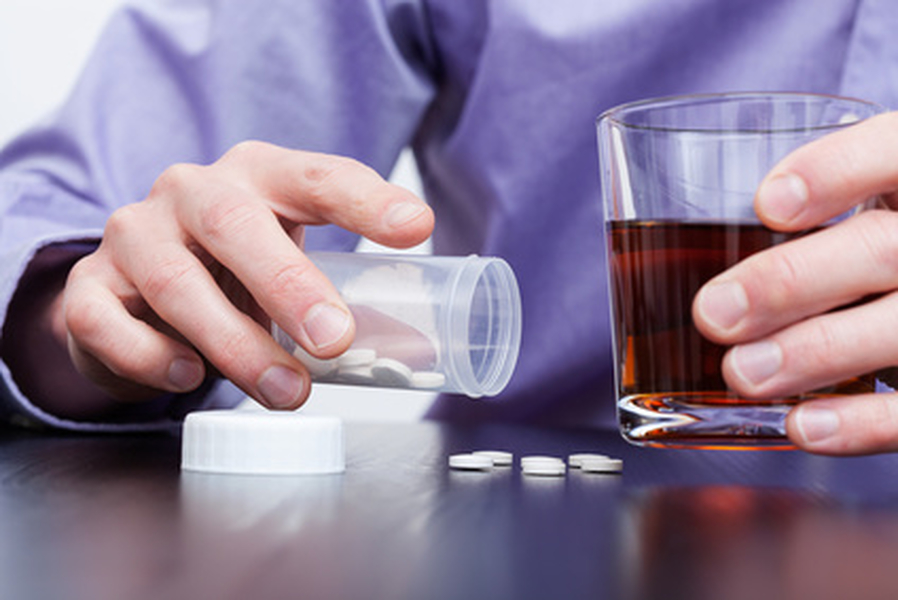Are your Friday night happy hours turning into weekend-long drinking binges?
If you are suffering from alcohol addiction or some other kind of substance abuse, the thought of seeking help is scary and can seem insurmountable. But it is important to realize you are not alone.
Every year tens of millions of Americans battle a substance abuse disorder. It is never too late to seek treatment, and it is important to know how to find the right help for you. There are many different routes you can take depending on the type of your addiction, your finances and your support system.
If you or a loved one is suffering from substance abuse, remember it’s never too late to seek professional help. Contact a recovery specialist such as Richmond Treatment Center Richmond VA today to get started on the first steps down the road to recovery!
This what you can expect once you’re ready to start your journey towards sobriety.
First Step: Detox
The first step on the road to recovery is getting the substance you are abusing out of your body. This is commonly referred to as “getting clean”. The professionals refer to this as medical detoxification.
It is important to seek professional help at this stage. If you are using hard drugs or are a heavy drinker, detoxing can be a dangerous process. If you have an extremely high reliance on certain substances, it is often safer to ease off of them gradually instead of going “cold turkey.” Oftentimes, experts will want to prescribe you medications and keep an eye on you to make sure you successfully complete this first step.
The dangers of attempting a “cold turkey”-style detox are numerous, and, depending on the drug being weaned off, can cause psychosis, heart attacks, and even death. It’s crucial that someone wanting to kick their drug habit does so with medical help to ensure they do it safely.
Next: Commit
Once your body is no longer dependent on the substance, it is time to make sure you resist the urge to use them.
For some people, this means they will need the assistance of prescribed medicine as their body adjusts, such as using methadone in place of heroin or prescription opioid painkillers. For others, group and individual therapy will prove to be an effective way to stay away from the substances you used to abuse. The important thing is to work with professionals to find a tailored system that works for you.
In the first few months of rehabilitation, the danger of relapse is the highest. Recovery homes, addiction counselling or staying in a rehab facility is recommended for at least six months after detoxing to help ensure the person in recovery deals with cravings and temptations in a healthy way.
Drug and Alcohol Testing
Quitting is harder for some people than for others. For people that tend to relapse and struggle with full recovery (which is extremely common), sometimes regular drug and alcohol testing is the answer.
Many treatment clinics offer random, discreet testing to make sure patients are staying off of drugs or not using alcohol. Sometimes this can also be a necessary course of action if you are a parent concerned that one of your children is abusing substances.
For others, testing is required by court order or your place of employment. The important thing is working with professionals to design a testing schedule that allows you to achieve long-term recovery.
Support Systems
Beyond seeking the help of professionals, it is just as important to maintain healthy support systems in your personal life. This can be challenging for some, as it could mean separating yourself from the social groups that influenced your addictive behaviors.
The important thing it so find those in your life that will keep you on the right track. This could mean friends and family, church groups, or Alcoholics Anonymous.
Recovering from addiction is especially hard for those estranged from or without family. For these people, there are thousands of support groups out there that meet for free to support each other through recovery. Your doctor, church or community group should be able to point you in the direction of these.
Advocacy & Education
Advocacy and education have helped many people during recovery. Think of it as paying it forward. After all, addiction is still very misunderstood, and there’s a lot of work to do to properly educate people on it.
Many ex-addicts find that it helps to spread the word and share success stories when they attend community meetings or volunteer at addiction centers. Sometimes people are more willing to listen to someone who has been in the same position as them instead of a professional in suit-and-tie or a lab-coat.












